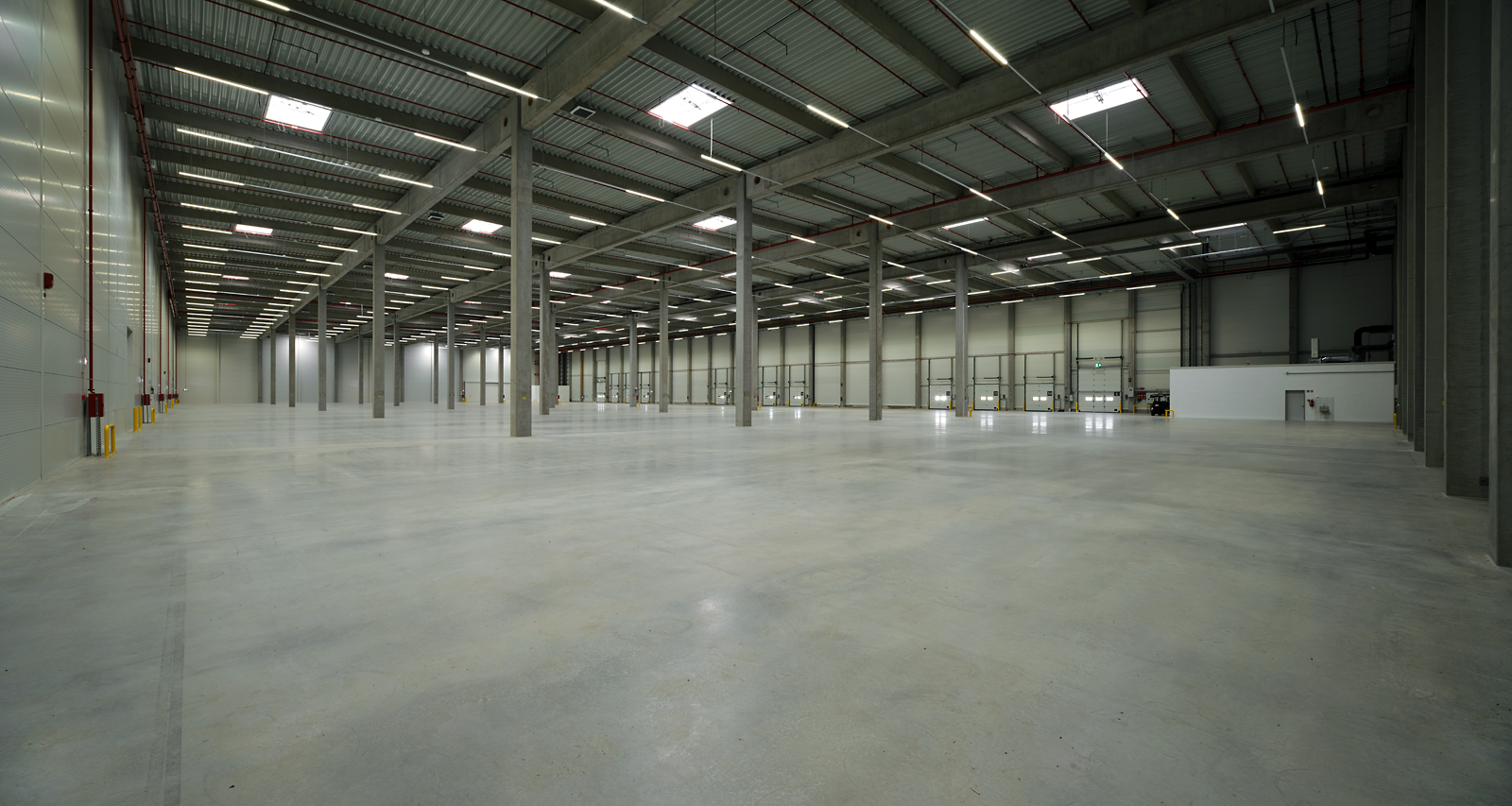CEE to maintain healthy growth in 2019: UniCredit

Central and Eastern Europe is a region with healthy growth and massive potential, UniCredit stated at a workshop hosted at the annual Euromoney CEE Forum in Vienna, adding that it expects more of the same from the regionʼs economic environment.
UniCredit expects the environment to remain favorable in the CEE region this year, with GDP growth of around 3% (or higher) predicted in most countries, albeit with some cyclical deceleration.
The bank says that after the cyclical peak of 4.6% (without Turkey and Russia) was reached in 2017, and average GDP growth of 3.7% last year, it expects growth to stay above potential at 3.2% on average. However, it adds, the pace of growth might slow down in 2020, due to potentially weaker global trade.
"The economic progress in the CEE in the past two decades has been remarkable," said Carlo Vivaldi, head of the CEE Division at UniCredit, at the annual Euromoney CEE Forum. "The CEE region is also well banked, highly liquid, and characterized by a high level of competitiveness across all jurisdictions."
UniCredit notes that key to the CEEʼs potential is the regionʼs reduced reliance on foreign capital inflows, larger scope for fiscal stimulus, looser financial conditions, access to EU funds, and the positive impact of decreasing commodity prices.
In 2019, UniCredit expects Slovakia, Bulgaria, and Hungary to post the most solid GDP growth within the CEE. However, there are challenges to growth in the region as well, such as ever-tighter labor markets, especially affecting Hungary and the Czech Republic, and the growing likeliness of a hard Brexit, which may hurt CEE exports and investments, with Slovakia and the Czech Republic being the most vulnerable in this case.
As the main sources of growth, the bank names domestic demand and consumption, inspired by low unemployment and growing wages, as the most important factors in the region. However, CEE exports may be harmed by a potential cyclical downturn in exports in the next few years, it adds.
Declining importance of FDI
While foreign direct investment (FDI) is expected to remain important, it will be less so than in the last decade, according to UniCredit. The bank notes that the CEE region has become the manufacturing arm of Western Europe, with FDI focusing more on advanced industries, while also involving the service sector more than before.
Nevertheless, UniCredit expects international companies to maintain their relevance in the region, with the value added by such companies currently more than 40% of total value added in countries such as Hungary, Slovakia, Romania and the Czech Republic, which UniCredit says are the most integrated in the European value chain.
In the CEE countries belonging to the EU, contributions from EU funds also further complement FDI, with EU funds representing 2.9% of GDP on average in the period 2014-2020 (EUR 150 billion for EU-CEE, excluding Poland). The bank considers the years 2019-2020 as the most important period in terms of fund absorption.
Furthermore, UniCredit considers the digital transformation an additional opportunity for growth in the CEE region, noting that internet penetration has grown by 20% since 2010, and is now close to 75% of the population, in terms of individuals using the internet.
In addition, mobile penetration sits at 120%, in terms of mobile subscriptions per 100 inhabitants. Both these numbers are comparable to West European markets, but the CEE has also seen a higher convergence speed in the past few years, notes UniCredit.
SUPPORT THE BUDAPEST BUSINESS JOURNAL
Producing journalism that is worthy of the name is a costly business. For 27 years, the publishers, editors and reporters of the Budapest Business Journal have striven to bring you business news that works, information that you can trust, that is factual, accurate and presented without fear or favor.
Newspaper organizations across the globe have struggled to find a business model that allows them to continue to excel, without compromising their ability to perform. Most recently, some have experimented with the idea of involving their most important stakeholders, their readers.
We would like to offer that same opportunity to our readers. We would like to invite you to help us deliver the quality business journalism you require. Hit our Support the BBJ button and you can choose the how much and how often you send us your contributions.









